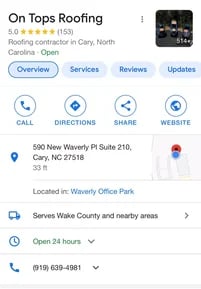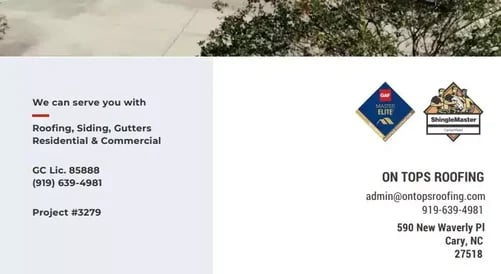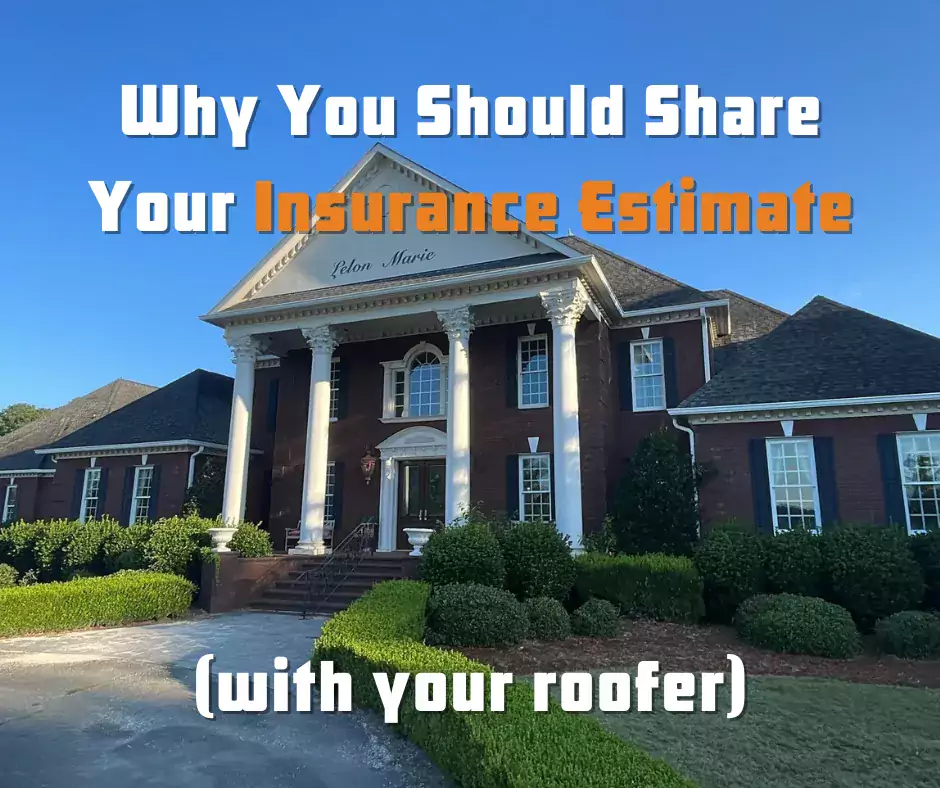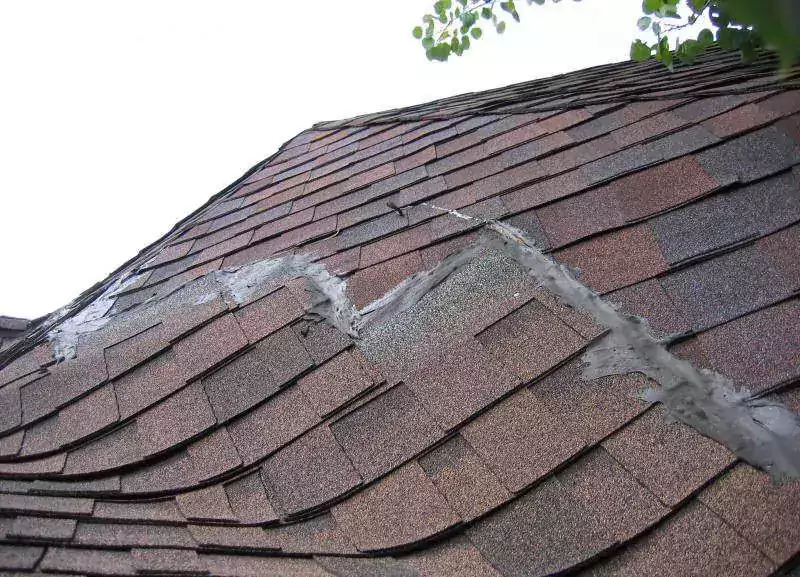The 5 Best Roofing Companies in Chapel Hill, NC
Starting a roof replacement project is a pretty big undertaking. It requires stripping your home of something designed to protect it, and trusting...
When it boils down to selecting the right contractor for your roof repair or replacement, a fundamental question looms large: can you place your trust in them? Trust isn't just a desirable trait; it's an essential cornerstone in the process of choosing your roofing contractor. After all, the individual you hire will be working on the very core of your residence, safeguarding your family's security and well-being.
However, the consequences of entrusting your project to an unscrupulous contractor can be dire.
In our extensive experience spanning over three decades, we have witnessed numerous homeowners suffer due to misplaced trust in unreliable roofing contractors. Your roof is a substantial investment, not something to be gambled with solely based on enticing offers. The temptation of a seemingly good deal should not overshadow the criticality of safeguarding your investment.
Instead of falling victim to scams, our goal is to ensure that you receive the high-quality roofing solutions you deserve. To aid you in this pursuit, let's delve into some telltale signs that could indicate you are dealing with a dubious roofing contractor.
If a roofing contractor tries to lure you in with a same-day price deal, it's a signal to proceed with caution or simply turn the other way. The mechanics of this scheme are quite straightforward: a roofing contractor might initially present you with an exorbitant quote for your roof replacement. However, if you show any inclination to sign a contract on the very same day, they might miraculously drop the price by thousands of dollars.
This sales tactic is, in essence, a ploy. Irrespective of the persuasive narrative a contractor might weave, roofing prices do not wildly oscillate by thousands of dollars within a span of 24 hours.
To steer clear of falling into the trap set by such roofing companies, consider consulting top review platforms such as Angi, Google, and Directorii.
Avoid contracting with any roofing company that fails to furnish a permanent physical address for their business. When your contractor lacks a local office, it can lead to extended response times in the event of warranty claims, emergency repairs, or even simple inquiries about your freshly installed roof.
This is why we consistently advocate for engaging with a local roofing company that has established roots in your community. Local roofers are renowned for their personalized and amiable approach. Being part of your local landscape, they might have previously worked on the roofs of acquaintances, friends, or colleagues, enabling you to cross-reference their reputation.
Opting for a local roofing company offers the added advantage of easy accessibility. You can conveniently visit their office for face-to-face meetings, which can be challenging with an out-of-town contractor.
Moreover, a local roofing company possesses an intimate understanding of your region's nuances. This familiarity equips them to time projects effectively based on your area's weather patterns and unique roofing challenges.
Roofing storm chasers play a significant role in perpetuating the negative perception of roofers as untrustworthy. They embody the worst stereotypes, often displaying pushy behavior, inadequate communication, subpar service, and a tendency to vanish once payment is received.
Additionally, storm chasers usually operate from out of state or at least outside of your local area. This underscores the importance of verifying their geographical presence and confirming that they have a history of work within your community.
The business model of a storm chaser hinges on exploiting the aftermath of severe weather events to pressure homeowners into quick repairs. They often offer lower prices, achieved by using inferior materials and inexperienced labor.
Following a storm, their sales representatives will approach homeowners, highlighting potential damages and conducting on-the-spot roof inspections. These inspections are swiftly followed by high-pressure tactics to secure a contract for the roofing job.
Once the work is finished and the crew has departed, communication with the company becomes near-impossible. Numerous accounts recount unsuccessful attempts to reach out to these companies for minor issues or immediate repairs. Negative reviews are also challenging to post when these entities lack a local online presence on platforms like Google, Yelp, or the Better Business Bureau.
Receiving a knock on your door doesn't automatically indicate a scam. Local roofing companies might genuinely aim to introduce themselves for future reference. To assess the trustworthiness of a roofer who approaches you, consider these steps to avoid potential scams.
Before committing, conduct research on the company that approaches you. Request their office address and contact number. If they fail to provide accurate information or it doesn't align with your online findings, consider them unreliable. A company with a physical office or showroom showcases their commitment to customer service and establishes a solid local presence.

Ensuring that the company you're considering is properly licensed and holds the required insurance documents to operate as a contractor in your state is of utmost importance. Familiarize yourself with your state's regulations, as they can differ significantly. The ability of a contractor to provide these credentials is a substantial safeguard against potential losses if any issues arise. It also signifies that they are legally authorized to work in your region.
If your neighborhood is targeted by storm chasers after a severe weather event, taking immediate action by contacting your insurance company or a reputable local roofing company is a prudent step. This proactive approach provides assurance that assistance is on the way and helps dispel any concerns arising from storm damage. Commencing the insurance process might seem intricate, but it's undoubtedly the most reliable course of action for roof replacement following a significant storm. Opting for established professionals ensures ongoing accessibility and support beyond the initial visit, unlike the transient nature of storm chasers.
On Tops Roofing has been working locally in Raleigh, North Carolina since 1991! Whatever your roof requires, We’re on it!

Starting a roof replacement project is a pretty big undertaking. It requires stripping your home of something designed to protect it, and trusting...

When your roof endures the impact of a severe storm, it's natural to feel concerned about its condition. Fortunately, if you have homeowner's...

When it comes time for a roof replacement, the number one thing most homeowners are concerned about is price. While you may be tempted to choose the...